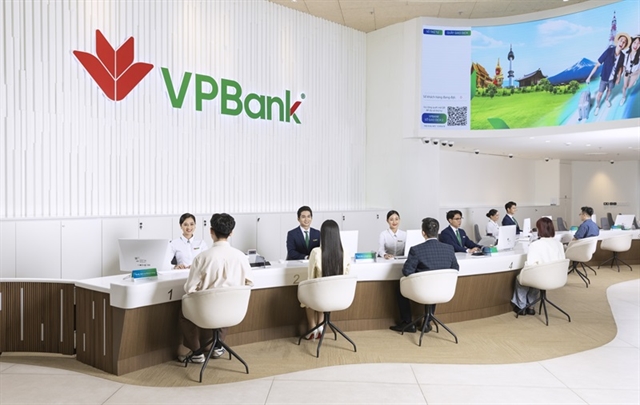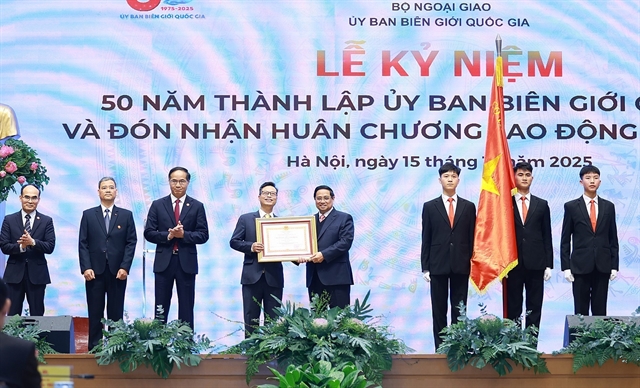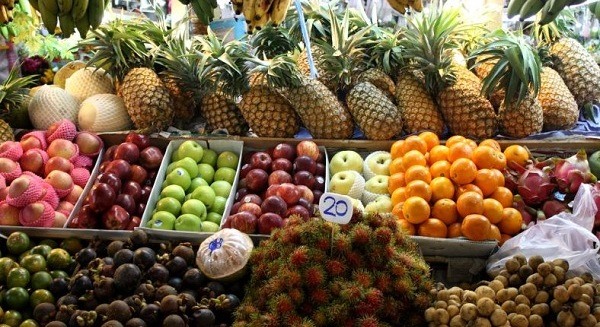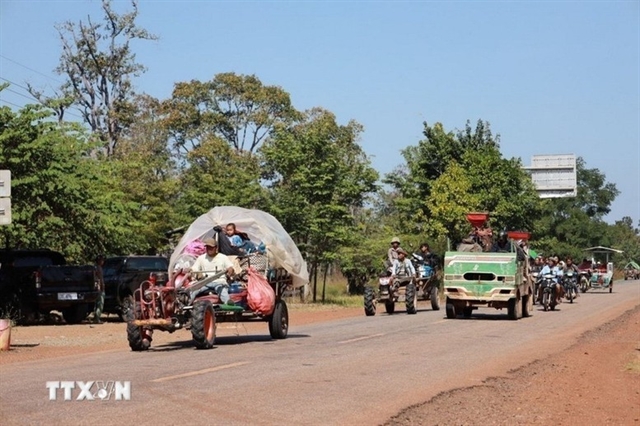Viet Nam News HÀ NỘI — South Korea will enforce the Positive List System (PLS) to strengthen the safety management of whole imported agricultural products, including those from Việt Nam, as of January 1, 2019.
The information was released at the conference, which was jointly held by Việt Nam’s ministries of Industry and Trade (MoIT) and Agricultural and Rural Development (MARD) and the South Korean Ministry of Food and Drug Safety in Hà Nội yesterday.
The conference aimed to introduce Vietnamese exporters to its new management system of pesticide residue listing for imported agricultural products and help them minimise risks when they export agricultural products to South Korea.
Deputy Head of the MoIT’s Department of the Asia-Africa Market Lê An Hải said South Korea had applied a new management mechanism on the list of pesticides in oilseeds and tropical fruits. Therefore, if the pesticide residue had not been registered for the maximum residue limit (MRLs), the products would be applied at the default level of 0.01ppm.
Hải said although this regulation was generally applied for all countries, it would limit the number and types of pesticides used in disease control in Việt Nam and directly affect the export of key products of Việt Nam such as coffee, peanuts, cashew nuts and tropical fruits.
Nguyễn Quốc Toản, acting director of MARD’s Agricultural Market Processing and Development, said although Việt Nam’s agricultural products had great export potential, the direct exports of fruit to markets such as South Korea, Japan, Taiwan and Europe would only grow if the products met technical standards in production and preservation.
“This is the key point for fruit in particular and agricultural products in general to increase in volume and export value,” said Toản.
Lee Soon-Ho, a representative from the South Korean Ministry of Food and Drug Safety, took a closer look at South Korea’s import of safe agricultural products from its main trading partners, including Việt Nam, in order to show types of fruit that Việt Nam needed to pay special attention to on pesticide residues when exporting to Korea.
He also warned Vietnamese businesses of 370 pesticide categories that would be subject to in-depth inspections at the designated port of entry in Korea, in which nearly 140 units had not registered safety standards on pesticide residues in this market.
Therefore, Vietnamese exporters need to pay close attention to the fact that only products with safe standards of residue will be allowed to enter South Korea. Vietnamese producers and exporters should review their export products and then send registration dossiers on safety standards on residues to the South Korean Ministry of Food and Drug Safety.
Statistics from MoIT show that over the past 25 years, since the establishment of diplomatic relations, bilateral trade between Vietnam and South Korea has grown significantly. In 2017, the two-way trade turnover reached US$61.5 billion, 123 times more than in 1992 when diplomatic relations were established, accounting for 14.4 per cent of Vietnam’s total export and import to the world.
In 2017, South Korea emerged as the second largest trading partner of Việt Nam (after China) and Việt Nam was the 8th largest export market to South Korea. South Korea is also the largest foreign investor in Việt Nam in terms of total investment capital ($59.2 billion) and the number of projects (approximately 7,000). — VNS
 Economy
Economy






